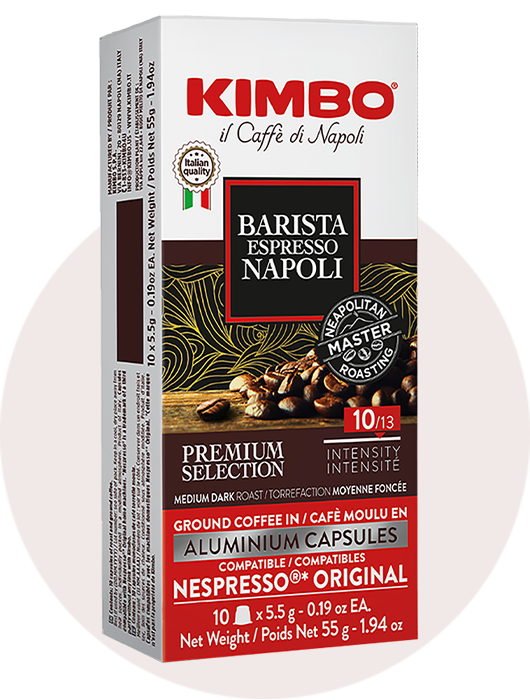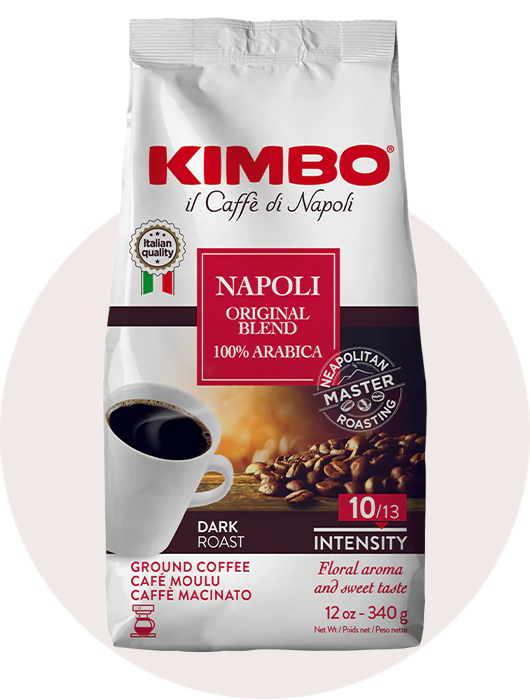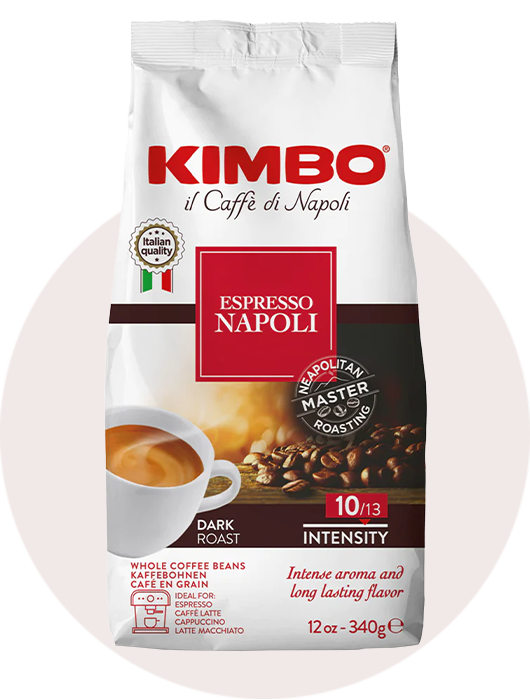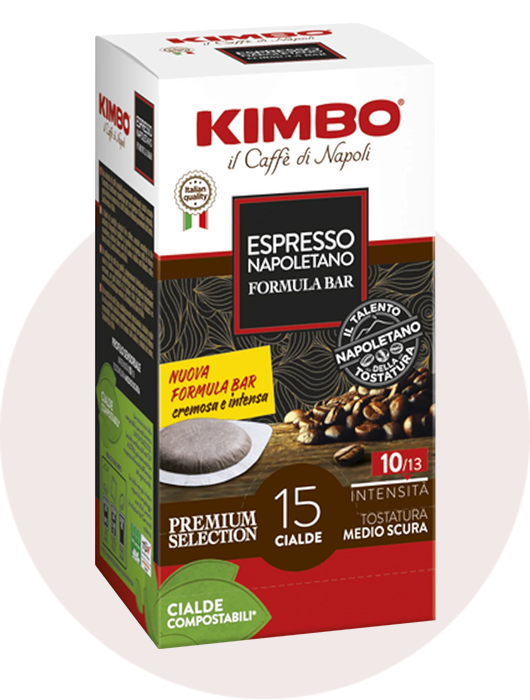Coffee is often seen as a necessary jolt to get through the day. But what if you’re someone who loves the taste, smell, and ritual of coffee but can't handle the caffeine? That’s where decaf coffee comes in. While decaf coffee isn’t for everyone, there are plenty of reasons why it might be the right choice for you. Whether it’s health concerns, a need for less caffeine, or just a preference for the taste, decaf coffee offers a satisfying option without the side effects of regular coffee.
In this article, we’ll explore why decaf coffee might be the perfect fit for some coffee lovers, its potential health benefits, decaffeination processes, and how to pick the best decaf coffee for your taste.
What is Decaf Coffee?
Decaf coffee is made from regular coffee beans that undergo a process to remove most of the caffeine. The result is a cup of coffee with just a fraction of the caffeine content of regular coffee. In fact, most decaf coffee contains about 2-7 milligrams of caffeine per 8-ounce cup, compared to regular coffee, which typically has 70-140 milligrams per cup. Despite the name, decaf coffee isn’t entirely caffeine-free, but the amount left is usually too small to make much of a difference for most people.
Health Benefits of Decaf Coffee
Although decaf coffee isn’t typically associated with the same energizing effects as regular coffee, it still offers a range of health benefits.
1. Rich in Antioxidants
Decaf coffee still supplies antioxidants—compounds that help neutralise free radicals. Diets rich in antioxidants are generally linked with overall wellness, but coffee alone should not be relied on to prevent any illness.
2. Reduced Risk of Heart Disease
Some studies have observed an association between decaf coffee consumption and certain cardiovascular markers, but evidence remains inconclusive. Speak with a health‑care professional for personalised advice.
3. Cognitive Function and Mental Clarity
Decaf coffee contains polyphenols, compounds that can boost brain function. Early research is exploring whether polyphenols in coffee could support normal brain function over time. More human studies are needed.
4. Aids Digestion
Many people report that decaf feels gentler on the stomach than regular coffee, but individual sensitivity varies.
Why Do People Choose Decaf Coffee?
There are several reasons why people choose decaf over regular coffee, and it goes beyond just avoiding caffeine.
1. Health Considerations
For individuals with caffeine sensitivity, drinking decaf is a way to enjoy coffee without the negative side effects like jitteriness, anxiety, or sleep disruption. Pregnant women and individuals with heart conditions or high blood pressure may also prefer decaf coffee for these reasons.
2. Enjoy Coffee at Any Time
One of the most common reasons people drink decaf coffee is that it allows them to enjoy the rich taste and aroma of coffee without disrupting their sleep schedule. Decaf is an ideal evening beverage, as it’s less likely to cause sleeplessness compared to regular coffee.
3. Flavor Without the Buzz
For some, the experience of coffee—its smell, taste, and warmth—is just as important as its caffeine content. Decaf coffee offers the same sensory pleasure but without the energizing kick, making it an excellent option for those who just want to enjoy the ritual of coffee without the caffeine.
The Taste of Decaf Coffee
One of the biggest misconceptions about decaf coffee is that it lacks flavor. While decaf coffee does have a slightly milder taste compared to regular coffee, it can still be rich, smooth, and aromatic, especially when made with high-quality beans.
Milder and Sweeter Flavor
Decaf coffee tends to have a gentler, sweeter flavor profile, which makes it more appealing to some coffee drinkers who find regular coffee too bitter. The decaffeination process may reduce the acidity in the coffee, resulting in a smoother cup.
Brewing Tips
To get the best taste from decaf coffee, opt for freshly ground beans and a high-quality brewing method. Methods like French press, pour-over, or espresso are great ways to extract the full flavor of decaf coffee.
Is Decaf Coffee Bad for You?
You might be wondering, “Is decaf coffee bad for you?” The short answer is no—decaf coffee is generally safe for most people. However, there are a few things to consider.
1. Potential Side Effects
Some people may experience mild side effects from drinking decaf coffee, especially if they consume large amounts. These can include stomach irritation or digestive discomfort, particularly for those with sensitivities to certain compounds in coffee.
2. Chemicals Used in Decaffeination
Some decaffeination methods involve chemicals, such as methylene chloride. However, most reputable decaf coffee producers use methods that are regulated to ensure the final product is safe for consumption. Always check the label and opt for decaf that uses natural, water‑based decaffeination methods (e.g., water‑process or CO₂‑process) if you're concerned about chemical exposure.
How to Choose the Best Decaf Coffee
Choosing a good decaf coffee can make all the difference. Here are a few tips to help you find the best option for your taste:
1. Look for High-Quality Beans
Look for decaf coffee that uses high-quality beans, preferably organic and ethically sourced. Beans from reputable farms tend to have a richer flavor and more consistent quality.
2. Check the Decaffeination Process
Opt for decaf coffee that uses natural decaffeination methods, such as the Swiss Water Process or CO2 method, which preserve flavor while avoiding harmful chemicals.
3. Freshness is Key
Like regular coffee, decaf is best when brewed fresh. Choose whole bean decaf coffee and grind it just before brewing for the best flavor.
FAQs About Why Decaf Coffee
Does decaf coffee have caffeine?
Yes, decaf coffee does contain small amounts of caffeine—usually between 2 to 7 milligrams per cup, compared to 70-140 milligrams in regular coffee.
Is decaf coffee bad for you?
No, decaf coffee is not bad for you. It can offer many of the same health benefits as regular coffee, such as antioxidants and protection against certain diseases, but with much less caffeine.
Is decaf coffee suitable for weight loss?
Black decaf coffee is virtually calorie‑free; whether it supports weight‑management goals depends on overall diet and lifestyle.
What’s the best decaf coffee?
The best decaf coffee depends on personal preference, but high-quality decaf beans from organic, Fair Trade certified sources, decaffeinated using natural methods, are the top choice.
Conclusion: The Perfect Cup Without the Jitters
Decaf coffee is more than just an alternative for those who can’t tolerate caffeine. It’s a delicious, health-conscious choice for anyone who enjoys the taste, aroma, and ritual of coffee without the buzz. Whether you’re looking for a late-night coffee, trying to reduce your caffeine intake, or simply want to enjoy a cup of coffee without the side effects, decaf coffee offers a satisfying solution.
So next time you're in the mood for a coffee that won't keep you up all night, give decaf a try—you might just be surprised by how good it can be.






